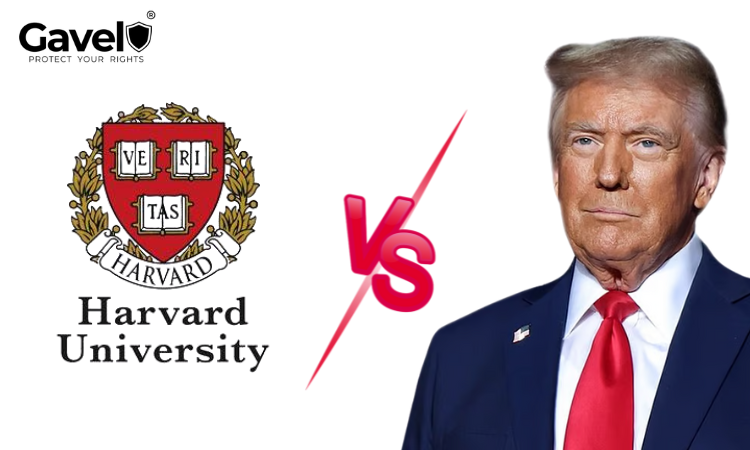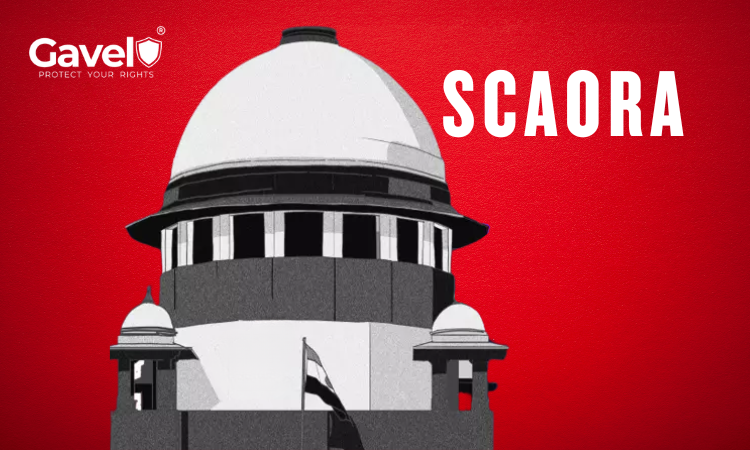Resolution by SCAORA Condemning Remarks Made Against the Chief Justice of India by Shri Nishikant Dubey, Member of Parliament
Facts of the Case:
Harvard University has initiated legal proceedings against the Trump administration following a decision to freeze approximately $22 billion in federal research funding. This move came in the wake of an executive action that allegedly sought to restrict funding to institutions perceived as “discriminatory” or promoting “un-American values.”
Petitioner: Harvard University
Respondent: United States Government (Trump Administration)
Court: Federal District Court (Jurisdiction not specified in article)
Relief Sought:
- Immediate lifting of the funding freeze
- Declaration that the executive action is unconstitutional
- Restoration of access to federal research grants and contracts
Grounds of Challenge:
- Violation of Constitutional Rights:
Harvard contends that the executive action violates the First and Fifth Amendments of the U.S. Constitution, particularly the rights to freedom of expression and due process. - Breach of Administrative Procedures:
The university argues that the funding freeze was implemented arbitrarily, without proper procedure, and without affording affected institutions a fair hearing. - Discriminatory Targeting:
The suit claims that the policy specifically targets institutions like Harvard based on ideological differences, thereby amounting to viewpoint-based discrimination.
Impact and Significance:
The lawsuit has drawn national attention due to its implications for academic freedom, federal-university relations, and the use of executive power to control funding distribution. Multiple academic institutions are watching the outcome closely, as it may set a precedent for the autonomy of higher education bodies in the United States.
Prayer:
The petitioner prays for an immediate injunction against the funding freeze and for the court to strike down the relevant executive actions as unconstitutional and unenforceable.



.png)